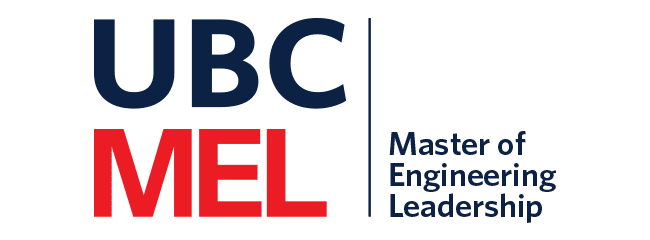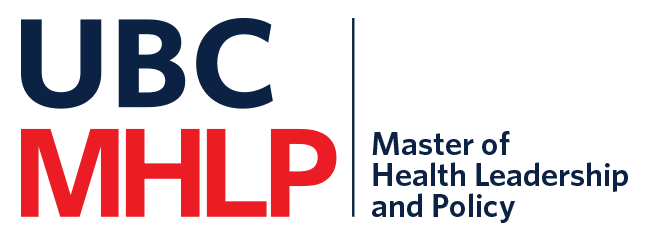
Technical expertise is fundamental to leadership

Great leaders embody many attributes – from strong interpersonal and analytical skills to confidence in developing strategy, setting goals and making decisions.
One of the most important? Domain expertise – expertise – both a broad and in-depth knowledge of a particular area.
The leaders of major organizations often have technical expertise within their industry, gaining them the respect of their colleagues and the ability to lead with credibility.
It makes sense. If you’re leading a team of software engineers, you need a fundamental knowledge of software testing and verification, as well as knowing what’s required to develop and implement dependable systems.
The Importance of Domain Expertise in Leadership and Management
Overseeing the design and construction of a high-performance building? You need to understand the interconnections of different building systems. And if you’re leading a transformation initiative within health care, you need an integrated knowledge of policy, technology and clinical practice.
Domain expertise is essential for thinking critically about challenges and solutions.
As an article in the Harvard Business Review points out, while you don’t need to be an expert in the field – which is often impossible given the complexity of multidisciplinary engineering and healthcare projects – you do need a deep enough understanding of the domain to ask the questions that need asking and evaluate information.
Similarly, an article in Medium talks about domain expertise as the foundation on which good leaders build their skills.
“We need our managers to have expert professional knowledge and judgement in their field, so they can have a deep understanding of the problems at hand and the ability to develop ideas and solutions to address those problems. It’s then their responsibility to utilize their management skills and deploy new methods that find solutions.”
Expand Cross-Disciplinary Perspectives and Business Fundamentals
The Master of Engineering Leadership and Master of Health Leadership and Policy was designed for practising professionals who want to expand their knowledge of the latest developments in their industry while specializing in areas of particular interest.
Courses offered by internationally renowned researchers take a cross-disciplinary perspective, enabling students to gain a broad understanding of technical issues.
In many program specializations, electives, capstones, practicums and industry-driven projects offer further opportunities to balance broad industry knowledge with technical specialization.
Depending on the program, between 30 and 50 percent of the MEL and MHLP curriculum consists of business and leadership courses taught through UBC Sauder’s Robert H. Lee Graduate School.
This is where students strengthen their communication and teamwork skills, explore leadership strategies and styles, and learn the fundamentals of business.
The Power of Technical Expertise and Business Fundamentals
With this powerful combination of business fundamentals and technical knowledge, MEL and MHLP graduates are well-positioned to re-enter their professional careers with insightful new perspectives and increased levels of responsibility.
Additionally, graduates are able to add significant value to projects and teams given their acquisition of the latest industry knowledge and tools over the course of their degree.
“Our industry partners and colleagues tell us they are looking for graduates with a high-level understanding of their industry or field combined with excellent communication skills,” says former Academic Director Tamara Etmannski.
“They want professionals who can communicate across disciplines and across the value chain of their industry. Our graduates are doing that – and so much more.”
If you’re evaluating graduate programs as a way to advance into leadership positions, the MEL and MHLP – with their combination of industry-specific engineering courses and broad foundations in business – could be the right choice.
Take the steps to join the next cohort of engineering and healthcare leaders. If you haven’t already, assess your eligibility and sign up for the upcoming information session to learn how to submit a strong application.
Application Deadlines
The online application portal for the January 2025 has closed.
Get ready to apply!
Admissions for the 2026 intake will open on January 1, 2025.
How to ApplyAssess your Eligibility
Determine if your professional experience and academic background make you a fit for your desired program.
Start AssessmentJoin us for an
Info Session
Sign up for our latest online information sessions and discover what our programs have to offer.
Sign Up NowApplicant Guide
Navigate the application process with ease!
Sign up to receive tailored instructions and a detailed guide directly to your email.
Sign up

